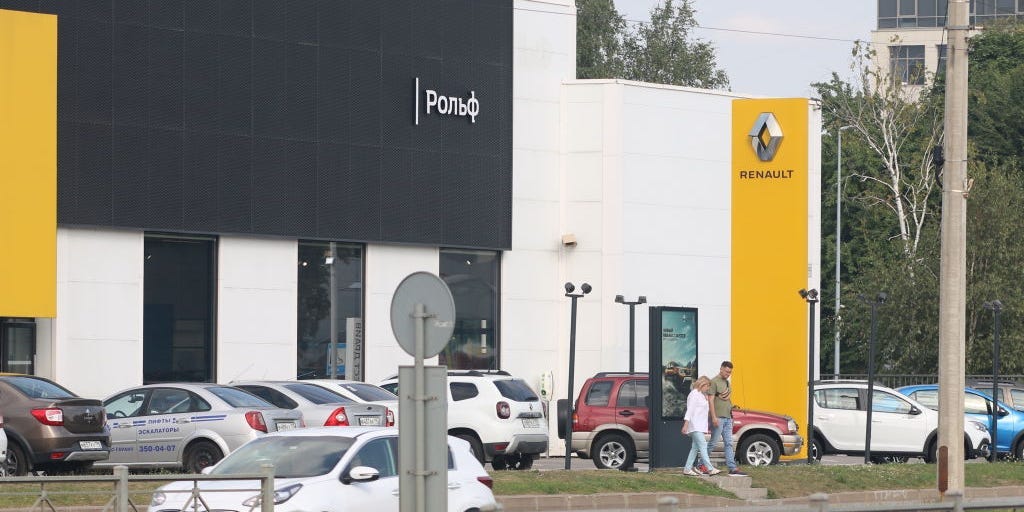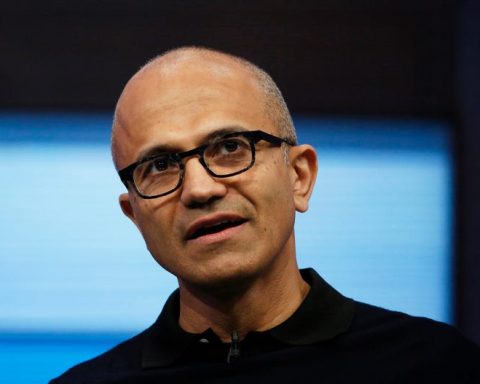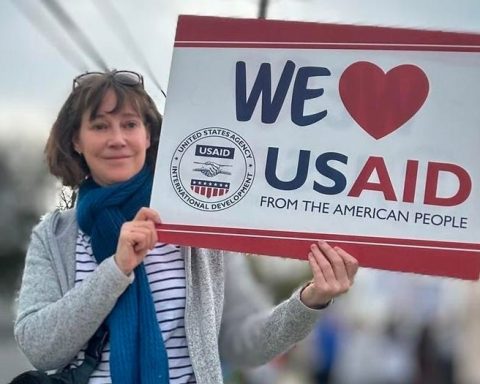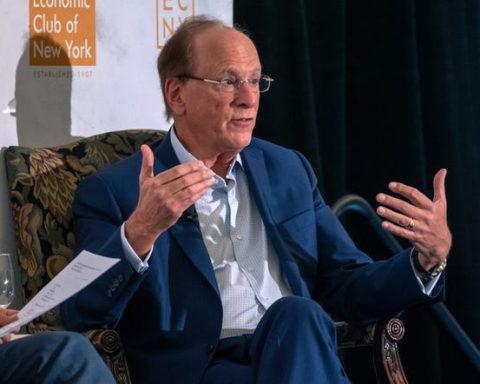Renault’s former partner in Russia has indicated that the car manufacturer could be required to pay up to $1.3 billion to re-enter the Russian market. The company exited Russia in 2022, divesting its assets for just one ruble amidst increasing Western sanctions. Foreign firms aiming to return to Russia may encounter significant hurdles, including potential compensation demands.
After Renault’s departure in 2022, wherein it sold its 67.6% stake in Avtovaz to the Russian government, the company may now be faced with a financial requirement of 112.5 billion rubles (approximately $1.3 billion) if it wishes to resume operations following the conclusion of hostilities. This figure was communicated by Avtovaz’s CEO, Maxim Sokolov, who noted that both Avtovaz and the Russian state have invested that amount into the business since Renault’s exit, up until 2025. Sokolov remarked, “It is clear that these investments will have to be reimbursed somehow upon return,” as reported by the TASS state news agency.
In the wake of US President Donald Trump’s indications of possible reconciliation with Moscow, talks about the return of Western companies, including Renault, to the Russian market have emerged. When Renault divested its assets, it recorded a write-down of 2.2 billion euros, marking its second most significant financial loss after its home market of France.
A Renault spokesperson informed Business Insider that the company does not anticipate any immediate changes regarding its potential return to business in Russia, and they did not comment specifically on Sokolov’s remarks.
David Szakonyi, an associate professor at George Washington University specializing in political science and international affairs, emphasized the seriousness of Sokolov’s compensation comments, even acknowledging that Russian officials may be engaging in posturing. The withdrawal of foreign businesses has created domestic opportunities in Russia, with local entities acquiring assets at drastically reduced prices.
Szakonyi stated, “Freely allowing foreign companies back in will diminish their profit streams and increase competition, so if this is to happen, Russia will demand some form of compensation for liberalizing its market.”
Amidst ongoing discussions, Sokolov’s comments are consistent with statements from other Russian officials indicating that companies wishing to return will face tough negotiations. Russian industry and trade minister Anton Alikhanov remarked that the country is “not waiting for anyone with open arms” and emphasized that there would be “a price to pay for past decisions.”
Szakonyi suggested that Russia is likely to maintain such assertive rhetoric as it seeks to strengthen relations with the US, feeling emboldened by its ability to withstand Western pressures. “It feels that it survived the worst the West could impose and has emerged more confident, ready to dictate terms for future political and economic negotiations,” he posited.
According to the Leave Russia database from the Kyiv School of Economics, 475 foreign companies have fully exited the Russian market since the conflict in Ukraine began. Noteworthy brands like McDonald’s and Starbucks have exited, with their assets acquired by local businesses. McDonald’s has rebranded itself as “Tasty and that’s it,” while Starbucks has transitioned to “Stars Coffee.”
Despite the size of the Russian market, analysts suggest that businesses will likely proceed with caution regarding any plans to return, even in the absence of sanctions. Russia’s wartime economy grapples with significant issues, including rampant inflation, currency instability, and exorbitant interest rates. Concerns regarding the rule of law and safety under President Vladimir Putin’s administration have also been raised.
Szakonyi expressed that although Russia claims to be open for business again, it has not signaled any substantive change in its tone or policies. Much of Moscow’s communication appears aimed at courting the Trump administration’s interest in dealmaking. Investors remain hesitant after years marked by corporate nationalizations and asset seizures that have reshaped wealth distribution in favor of the Russian state and oligarchs.
Szakonyi concluded that the absence of investor protections, property rights guarantees, and a conducive business climate renders it unlikely for Western companies to risk their capital in such a volatile and unpredictable environment. “Russia has demonstrated a blatant disregard for property rights, and its inconsistent messaging raises serious concerns about trustworthiness,” he said.







